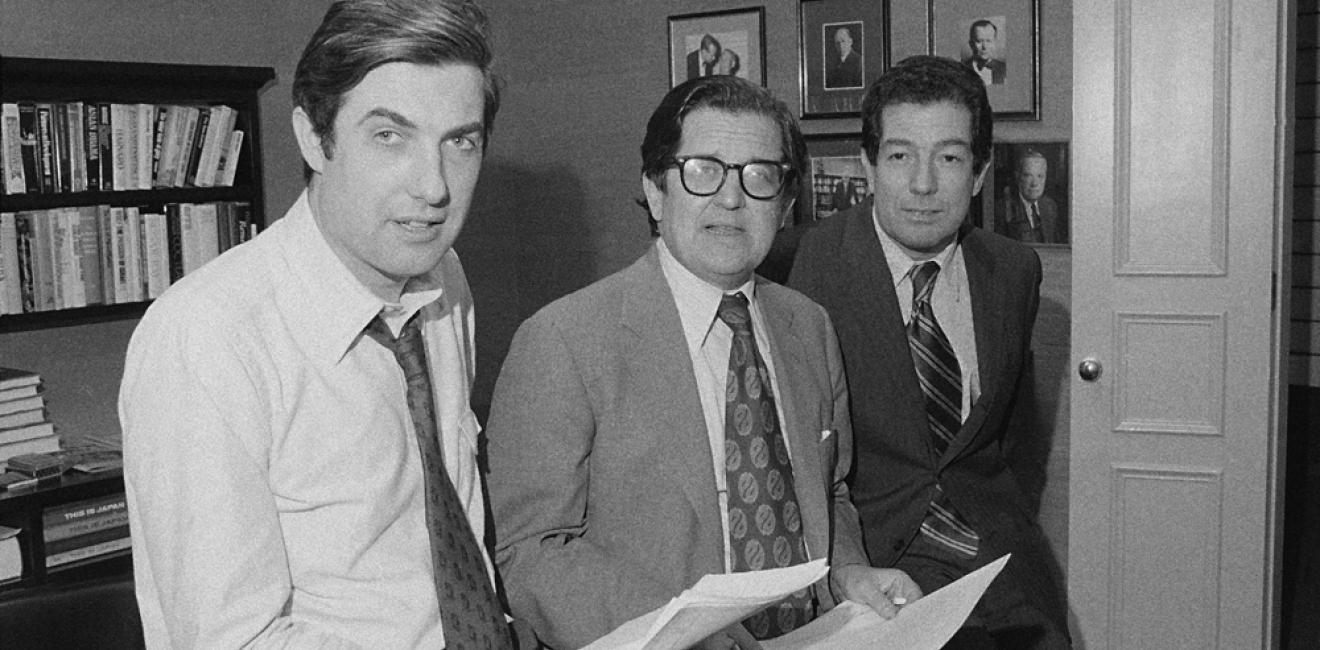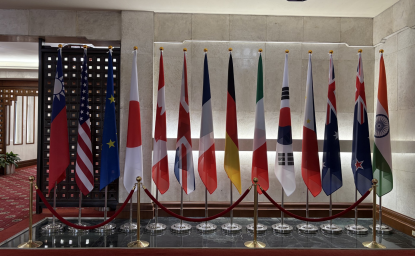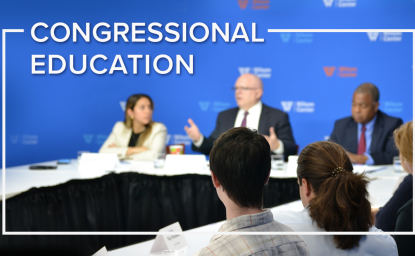
Neil Sheehan, Wilson Center Fellow from May 1979 – April 1980, passed away on January 7 at age 84. His Wilson Center project was on John Paul Vann and the American Experience in Vietnam, later becoming his book A Bright Shining Lie.
Sheehan’s notable efforts obtaining the Pentagon Papers for the New York Times in 1971 led to a confrontation with the Nixon administration, a Supreme Court case ruling in favor of free press, and illuminated previously unknown elements of the Vietnam War.
The Pentagon Papers revealed the extent to which U.S. armed forces were involved in Vietnam and the doubts of successive American administrations on their chances of success. Sheehan's Pulitzer-Prize winning actions came after years of working as a journalist covering the Vietnam War, from 1962 to 1966.
After graduating from Harvard in 1958, he joined the Army and became a journalist in Tokyo. He was later hired by United Press International and sent to Saigon to cover the war. In 1964, he began reporting for the New York Times from Vietnam.
Covering the atrocities of the Vietnam War had a profound impact on the work Sheehan would later publish at the New York Times and at the Wilson Center. His guiding principles were solidified during his time as a war journalist. By 1966 he had concluded that the moral superiority embodied by the United States in World War II, had “given way to the amorality of great power politics.”
Sheehan is survived by his wife, two brothers, Patrick and Eugene; two daughters, Maria Sheehan and Catherine Sheehan Bruno; and two grandsons.
To learn more about Neil Sheehan please see his New York Times’ Obituary found here.
Explore More
Browse Insights & Analysis
Dispatch from Taipei: Looking to the Grassroots in Uncertain Times

The Transatlantic Alliance Will Survive Just Fine

Congressional Education at the Wilson Center
